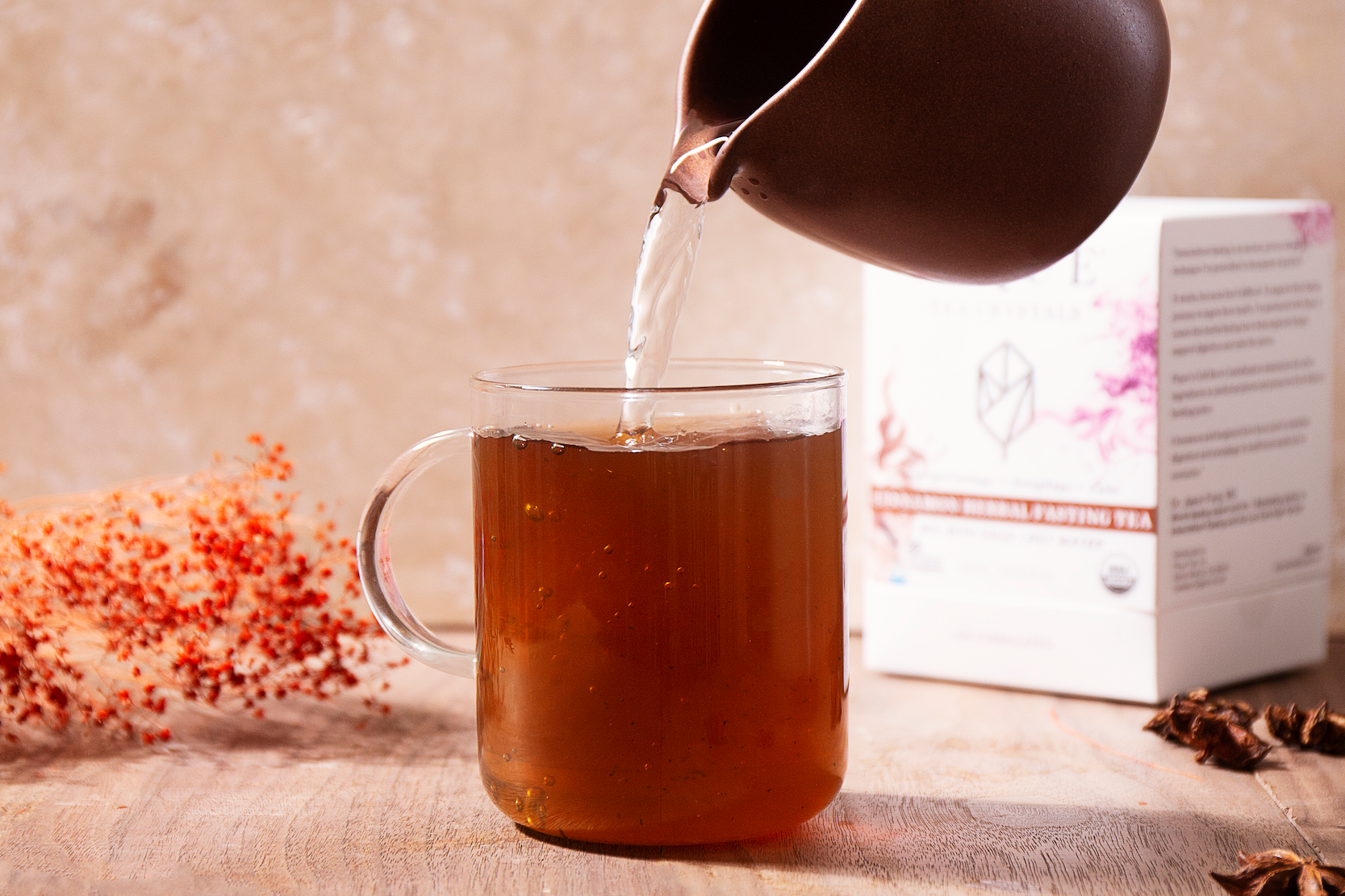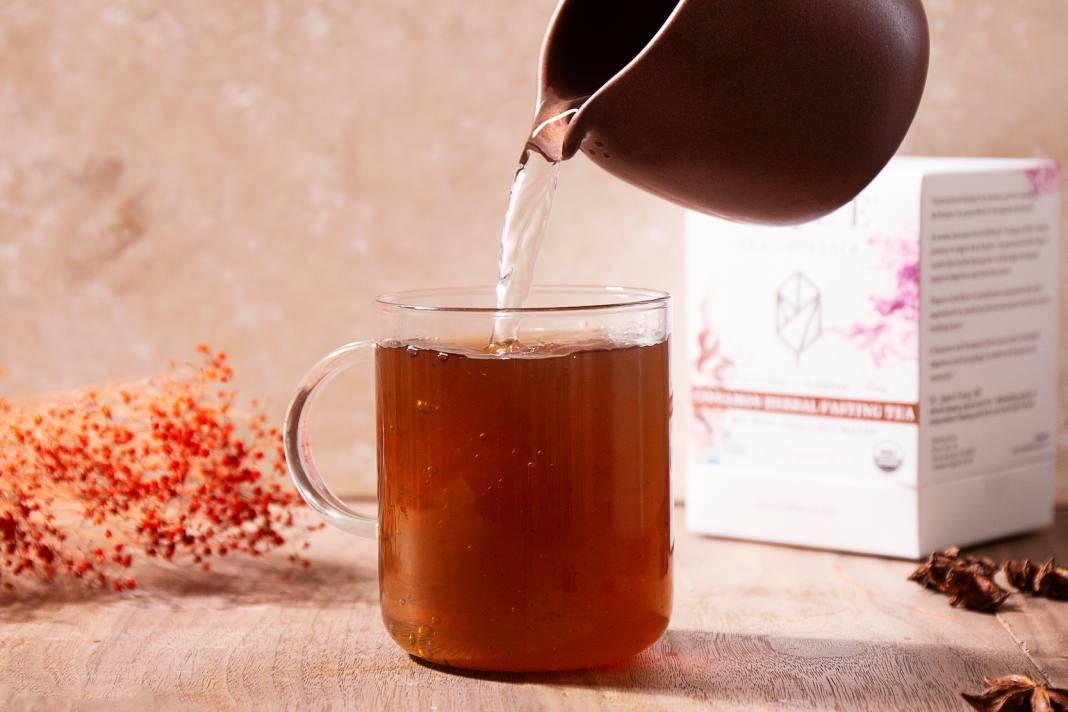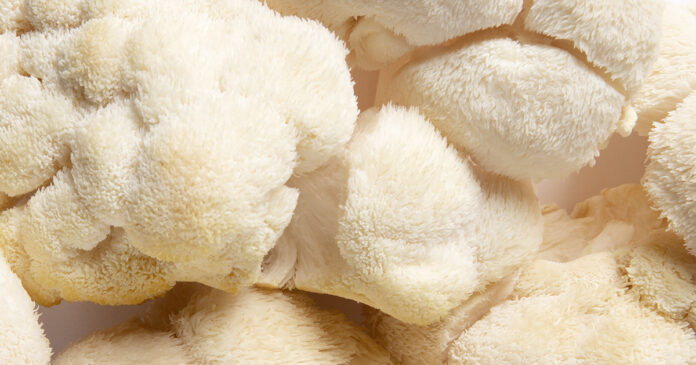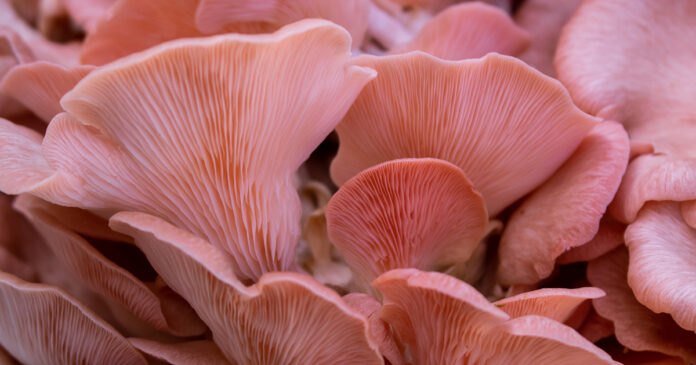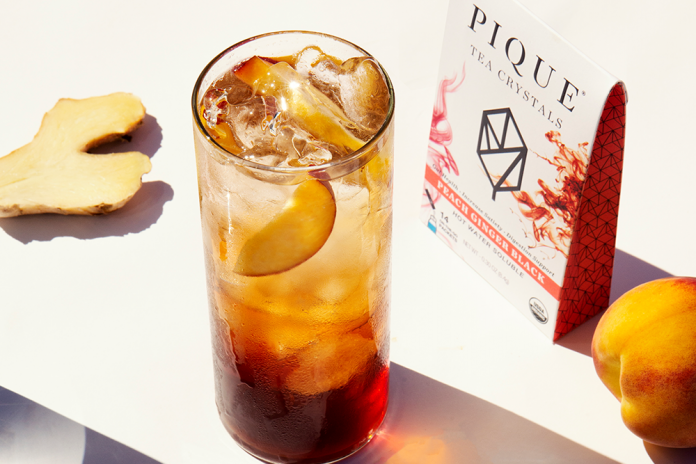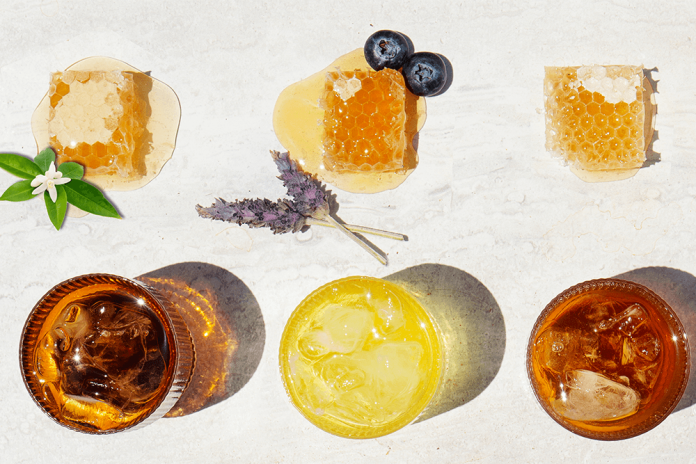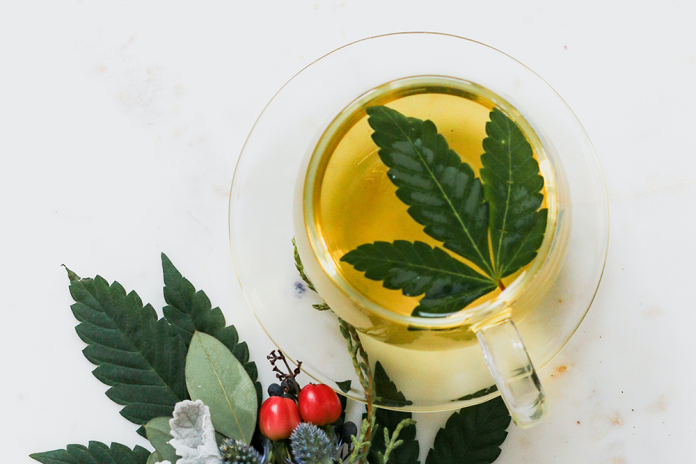You may have heard conflicting advice regarding tea and oxalates.
Reducing oxalate intake is commonly recommended to avoid risk of kidney stones, but that’s not necessarily the full story when it comes to tea.
Even among medical experts, there’s some disagreement as to whether tea drinking raises your risk of kidney stones.
Keep reading to learn what scientific studies tell us about tea and kidney stones, the teas with the highest and lowest levels of oxalic acid, and evidence-backed tips to play it safe if you’re at risk of kidney stones.
The Relationship Between Oxalate and Kidney Stones
Unless you’re already aware of oxalate, you may be surprised to learn that many leafy greens and plant foods contain high levels of an antinutrient that’s linked to higher risk of kidney stones. (1)
Oxalic acid (the pure form) or oxalate (a mineral-bound form) is a naturally-occurring compound in plants that interferes with the absorption of calcium. (2)
The main concern with diets high in oxalate is the formation of kidney stones.
For example, research has shown that some vegetarians and vegans who eat lots of plant foods consume more oxalate, and thus may be more likely to get kidney stones. (3)
Kidney stones are small, hard deposits of minerals (usually calcium oxalate crystals) that form in your kidney and pass through your urinary tract. The most common symptoms are waves of severe pain and nausea, usually in the side of the abdomen. (4)
Some people seem to be more sensitive to dietary oxalate than others. As a result, doctors sometimes recommend a low oxalate diet to prevent the recurrence of kidney stones. (5)
Can you get kidney stones from drinking tea?
Some true teas from the Camellia sinensis plant are relatively high in oxalates, which naturally leads to concerns that they could contribute to kidney stone formation.
While public opinions from urologists and other experts may fall on both sides of this issue, peer-reviewed research is more conclusive.
Scientific studies find a decreased risk of kidney stones in tea drinkers compared to people who don’t drink tea.
A 2013 analysis of over 194,000 participants found that there was an inverse relationship between daily intake of tea and the risk of new kidney stone formation. (6)
Also, the effect was cumulative–the more cups of tea per day and per week, the greater the benefit. That said, a “relationship” in study data doesn’t prove causation, and there’s also a possibility that people who drink tea also eat a healthier overall diet (and thus tea itself wasn’t entirely responsible).
Separately, two prospective studies found an 8% reduced kidney stone risk for women who regularly consumed tea, and a 14% reduction in kidney stone risk for men. (7)
A 2019 study also found that drinking green tea daily did not raise the risk of stone formation. (8)
And a fascinating 2009 study found that oxalate crystals formed in the presence of green tea were flatter and more fragile than those formed under regular conditions, which the authors argued could prevent the formation of clinical kidney stones. (9)
According to Dr. Anthony L. Komaroff, a Harvard M.D., “Coffee and tea contain oxalate, but there’s now a lot of evidence that increased fluid intake, particularly in the form of coffee or tea, decreases the risk of calcium oxalate stones. It’s not clear why. Caffeine is a diuretic, and by encouraging urination, it may make urine more dilute so stones are less likely to form.” (10)
On the other side of the fence, Dr. John Milner, an assistant professor at the Department of Urology at Loyola University claims that “For people who have a tendency to form the most common type of kidney stones, iced tea is one of the worst things to drink.” (11)
Although he doesn’t offer any research to back the claim, Dr. Milner goes on to explain his rationale: consuming lots of iced tea (when it’s hot outside, for instance) makes it easier to ingest a lot of oxalate, whereas drinking a lot of hot tea is less likely.
Keep reading to learn how much oxalate there really is in tea, and how it compares to other foods and beverages.
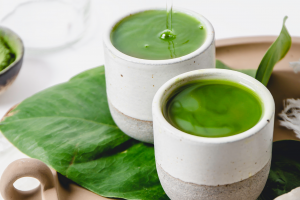
Is tea high in oxalate?
While tea is relatively high in oxalate (by weight) compared to many foods, it’s important to remember that the serving size of tea (in grams) is usually dozens or hundreds of times less than other foods.
According to several studies, here’s how much soluble oxalate various types of tea leaves and tea liquid yield:
-
- Black tea leaves: 4.61-5.11 milligrams of oxalate per gram of leaf (12)
- Black tea liquid: 4.41-4.92 milligrams of oxalate per cup (varies based on infusion time and brewing method) (13)
- Chinese green tea liquid: 1.9 to 27.96 milligrams of oxalate (varies based on region)(14)
- Chinese oolong tea liquid (from tea bags): 6.89 milligrams of oxalate per cup (15)
- “Green tea powder” or matcha: 12.6 milligrams of oxalate per 2-gram serving (16)
Now, for comparison, here is the oxalate content of some common foods. (17)
High oxalate foods that may increase the risk of kidney stones:
-
- Purslane: 1294 mg oxalate per 100 grams fresh weight
- Spinach: 970 mg oxalate per 100 grams fresh weight
- Cocoa: 700 mg oxalate per 100 grams
- Sorrel 500 mg oxalate per 100 grams fresh weight
- Rhubarb: 260 mg oxalate per 100 grams fresh weight
- Cashew: 231 mg oxalate per 100 grams
Medium- and low-risk foods with less oxalate:
-
- Parsley: 170 mg oxalate per 100 grams fresh weight
- Potato: 80 mg oxalate per 100 grams fresh weight
- Cabbage: 60 mg oxalate per 100 grams fresh weight
- Tomato: 20 mg oxalate per 100 grams fresh weight
- Apple: 15 mg oxalate per 100 grams fresh weight
- Lettuce: 12 mg oxalate per 100 grams fresh weight
As the authors of a 2002 scientific paper wrote, “while a regular tea drinker would be consuming oxalate every day, the levels are modest when compared to the amounts of oxalate that can be found in other common foods.” (12)
They go on to point out tea has low oxalate bioavailability, meaning it would be difficult to absorb an excessive amount of oxalate from tea, but that people who are at high risk of kidney stones may want to add milk to their black tea. (12)
The reason is that the calcium in milk helps further lower your body’s oxalate absorption rate from black tea, placing it in the lowest risk group of foods, even for people with increased risk of kidney stones. (12)
What tea is low in oxalate?
If you’re a tea lover who’s concerned about oxalate, the good news is that virtually all tea is low in oxalate when taking into account the serving sizes compared to common foods.
Furthermore, data show that oxalates in tea do not appear to increase urinary calcium or urinary oxalate excretion (hyperoxaluria), making them less likely to result in kidney stones than other sources. (8)
But perhaps your doctor has advised against drinking tea, or you’re intent on avoiding oxalates to the greatest extent possible.
If so, you can use this list of tisanes (herbal teas) shown in scientific research to be extremely low in oxalates:
-
- Rooibos tea: 0.55-1.06 mg of oxalate per cup (based on steep time) (18)
- Chamomile tea: 0.4-0.67 mg per cup (12)
- Peppermint tea: 0.41 mg per cup (12)
- Rosehip and hibiscus tea: 0.27 mg oxalate per cup (12)
- Ginseng tea: undetectable levels of oxalate (12)
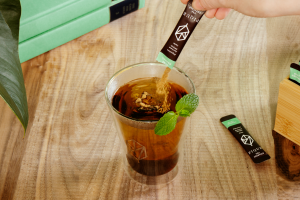
Final Thoughts
The effects of tea on kidney stone risk can be surprising and counterintuitive.
From the current available evidence, it seems unlikely that drinking tea would be the deciding factor in kidney stone formation. Other potential risk factors, like your diet, most likely play a bigger role than whether or not you drink tea.
Ultimately, unless you’re at high risk of kidney stones already, there’s probably no cause for concern.
If you’ve previously had kidney stones and you’re concerned about kidney stone formation from drinking tea, the best thing to do is ask your doctor for advice before you make up your mind.
